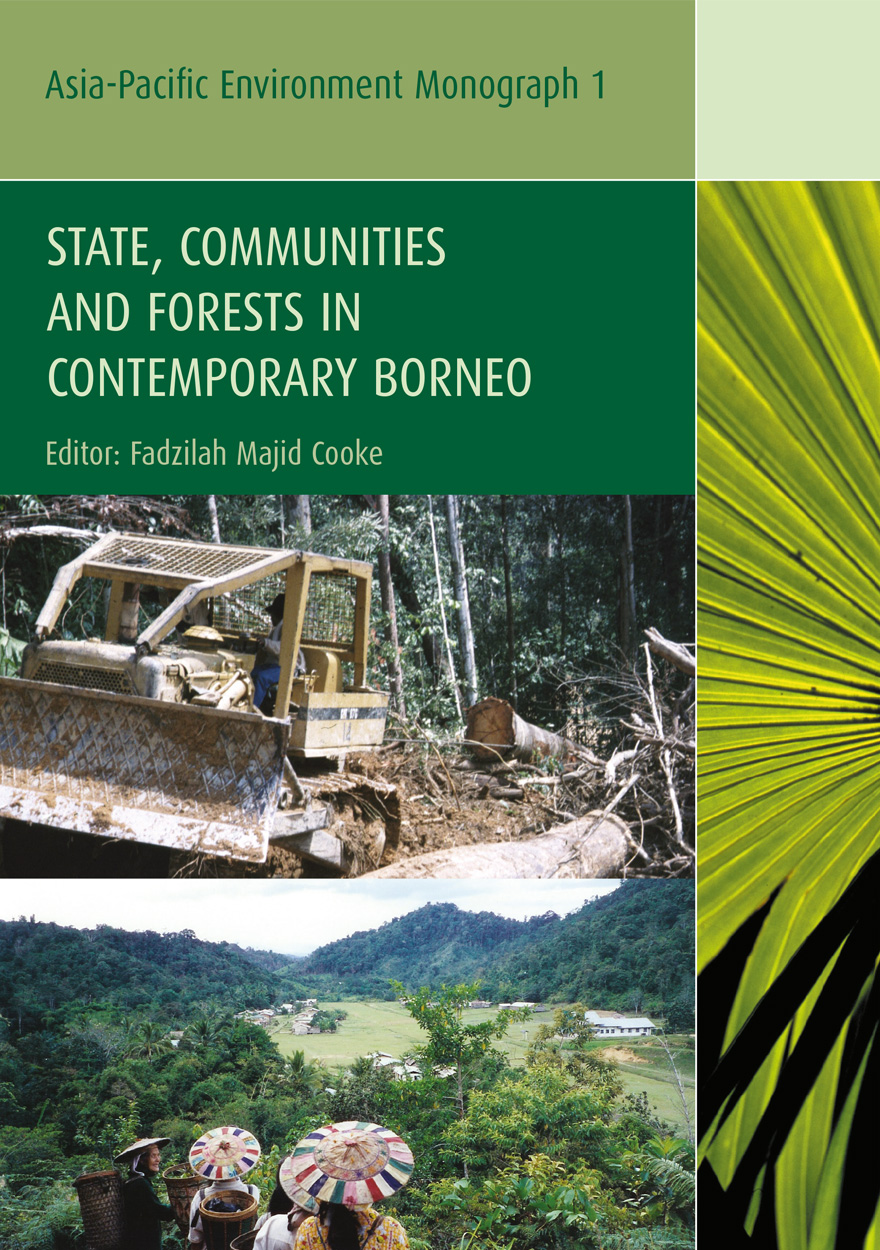Asia-Pacific Environment Monographs
The books in this series deal with relationships between human populations and natural landscapes in the countries of the Asia-Pacific region from the perspectives of anthropology, geography, and related social sciences. These relationships include the exploitation, management and conservation of different natural resources by private companies, government agencies, civil society organisations, and local communities.
Please note: The following list of titles is sorted by publication date, with the most recent first.
Displaying results 1 to 16 of 16.

Capital and Inequality in Rural Papua New Guinea »

The Absent Presence of the State in Large-Scale Resource Extraction Projects »

Landlock »
Paralysing Dispute over Minerals on Adivasi Land in India
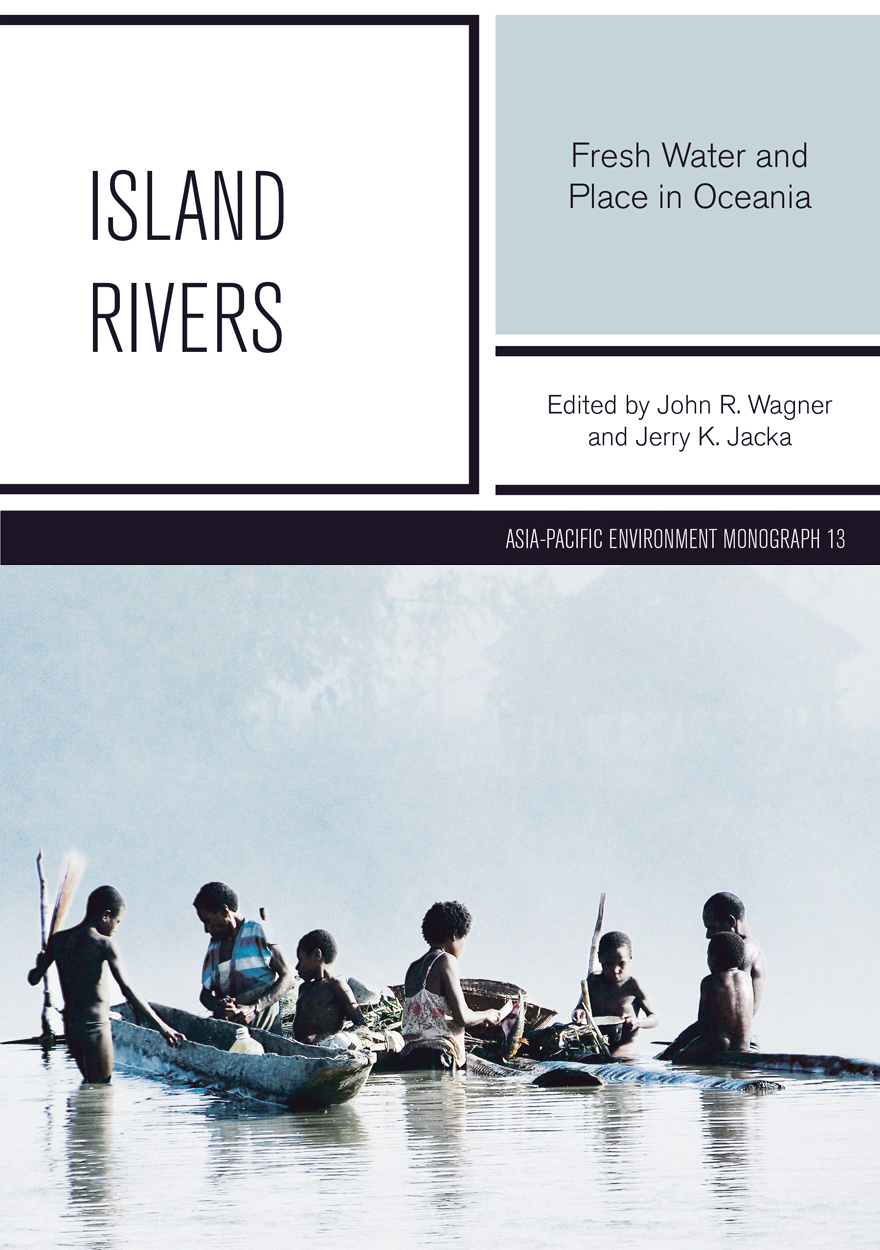
Island Rivers »
Fresh Water and Place in Oceania

Large-scale Mines and Local-level Politics »
Between New Caledonia and Papua New Guinea
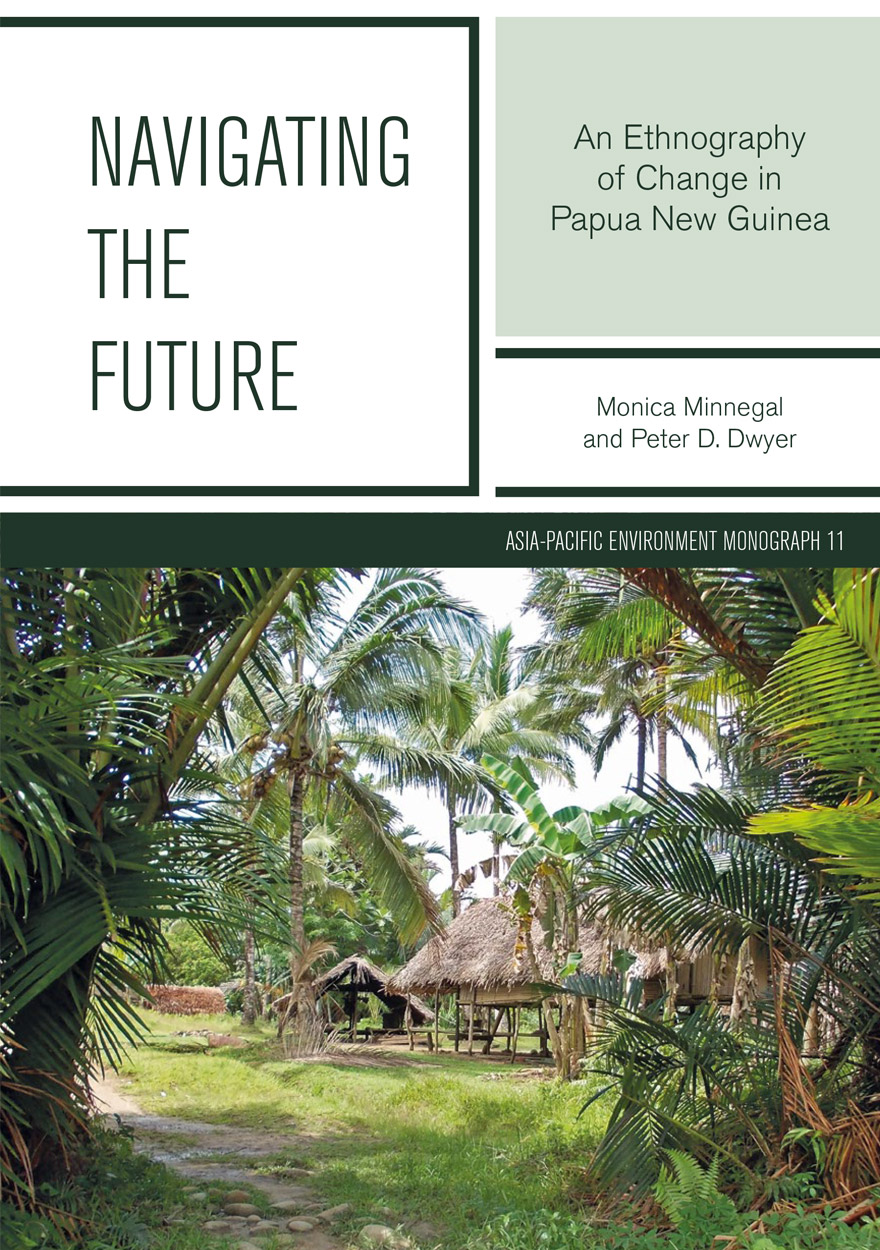
Navigating the Future »
An Ethnography of Change in Papua New Guinea
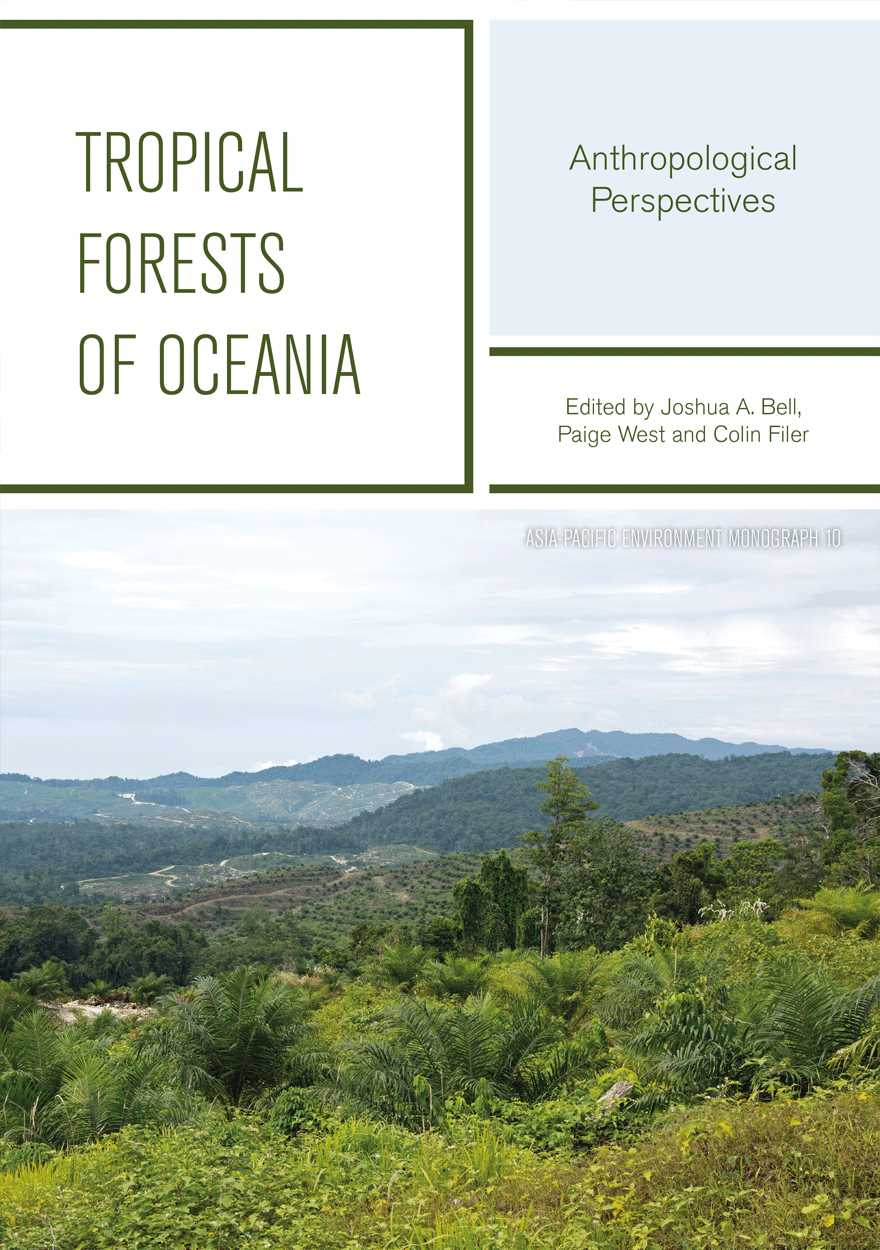
Tropical Forests Of Oceania »
Anthropological Perspectives

Pursuing Livelihoods, Imagining Development »
Smallholders in Highland Lampung, Indonesia
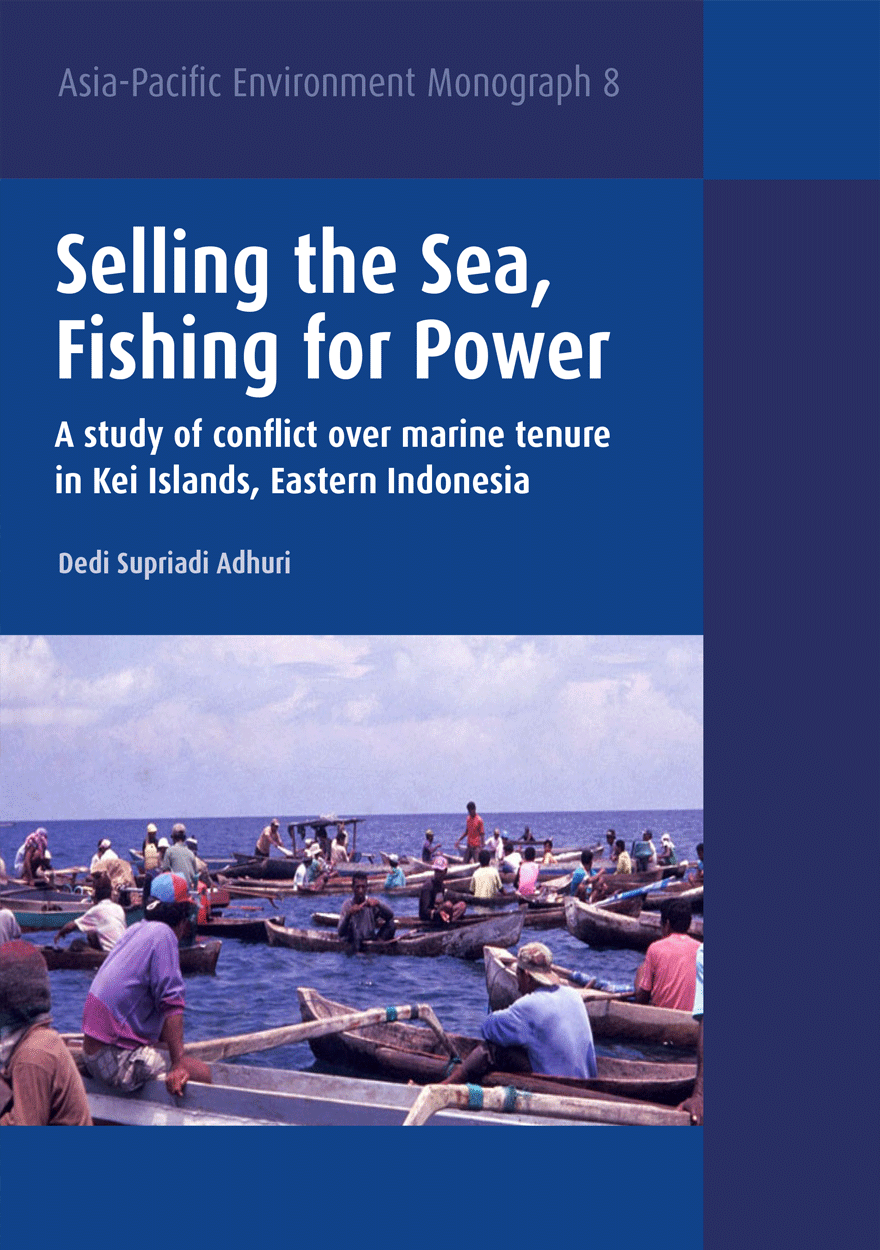
Selling the Sea, Fishing for Power »
A study of conflict over marine tenure in Kei Islands, Eastern Indonesia

Fishing for Fairness »
Poverty, Morality and Marine Resource Regulation in the Philippines
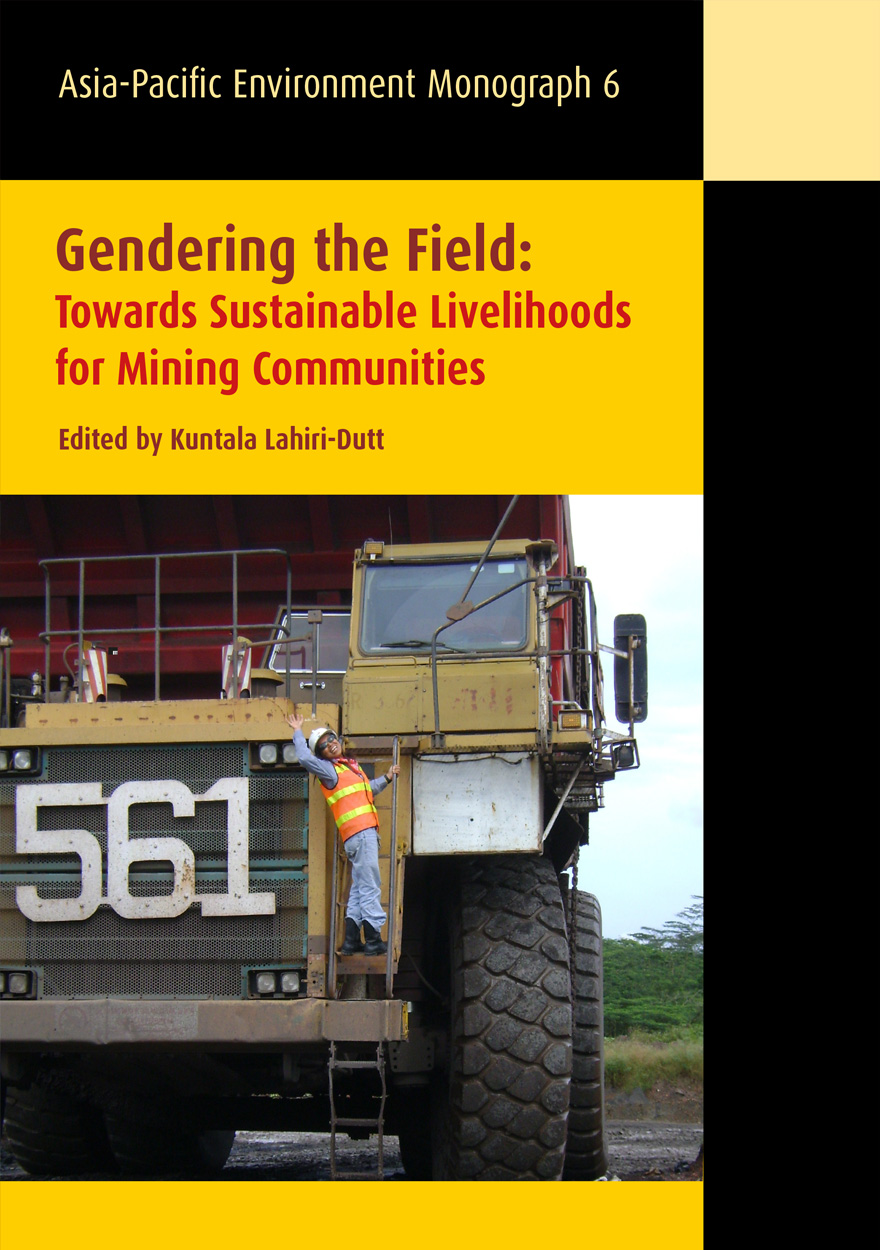
Gendering the Field »
Towards Sustainable Livelihoods for Mining Communities
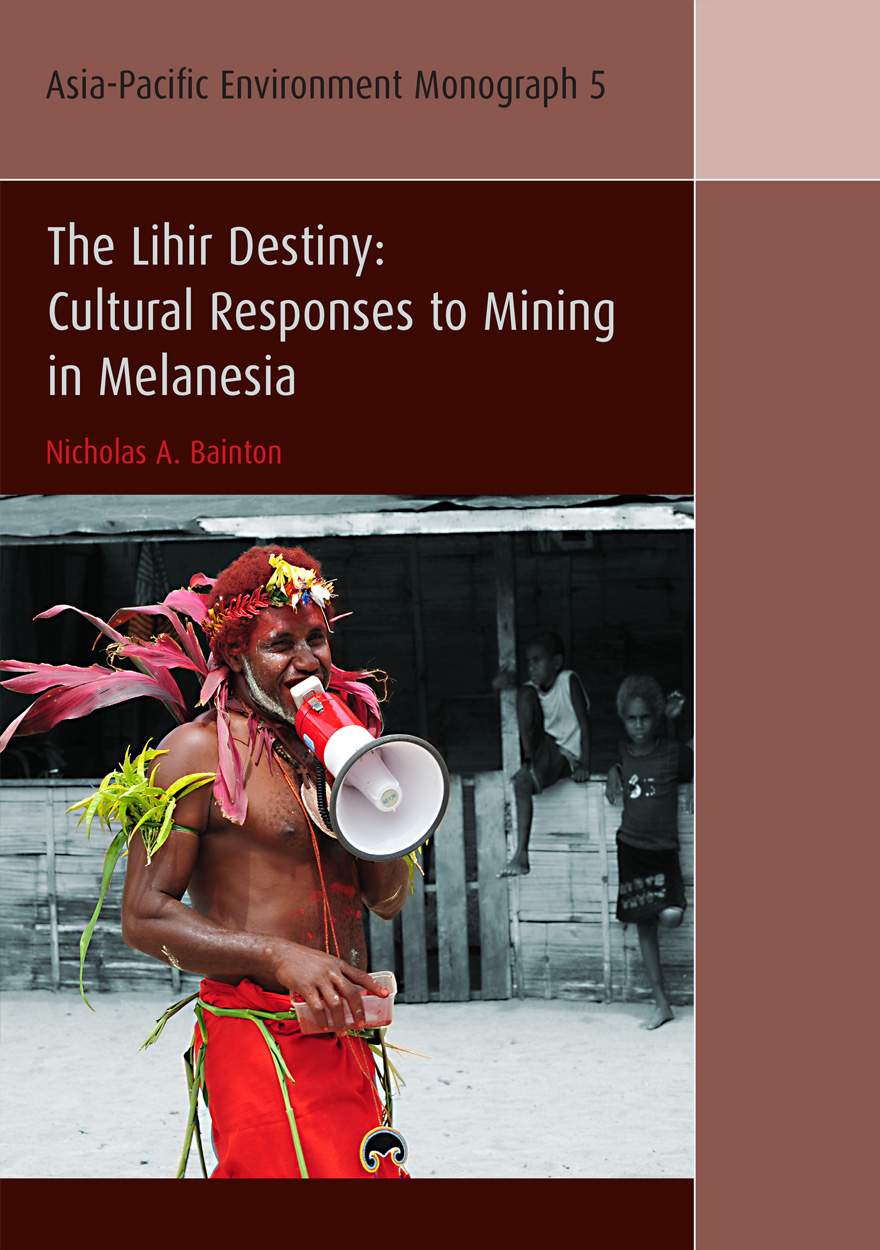
The Lihir Destiny »
Cultural Responses to Mining in Melanesia
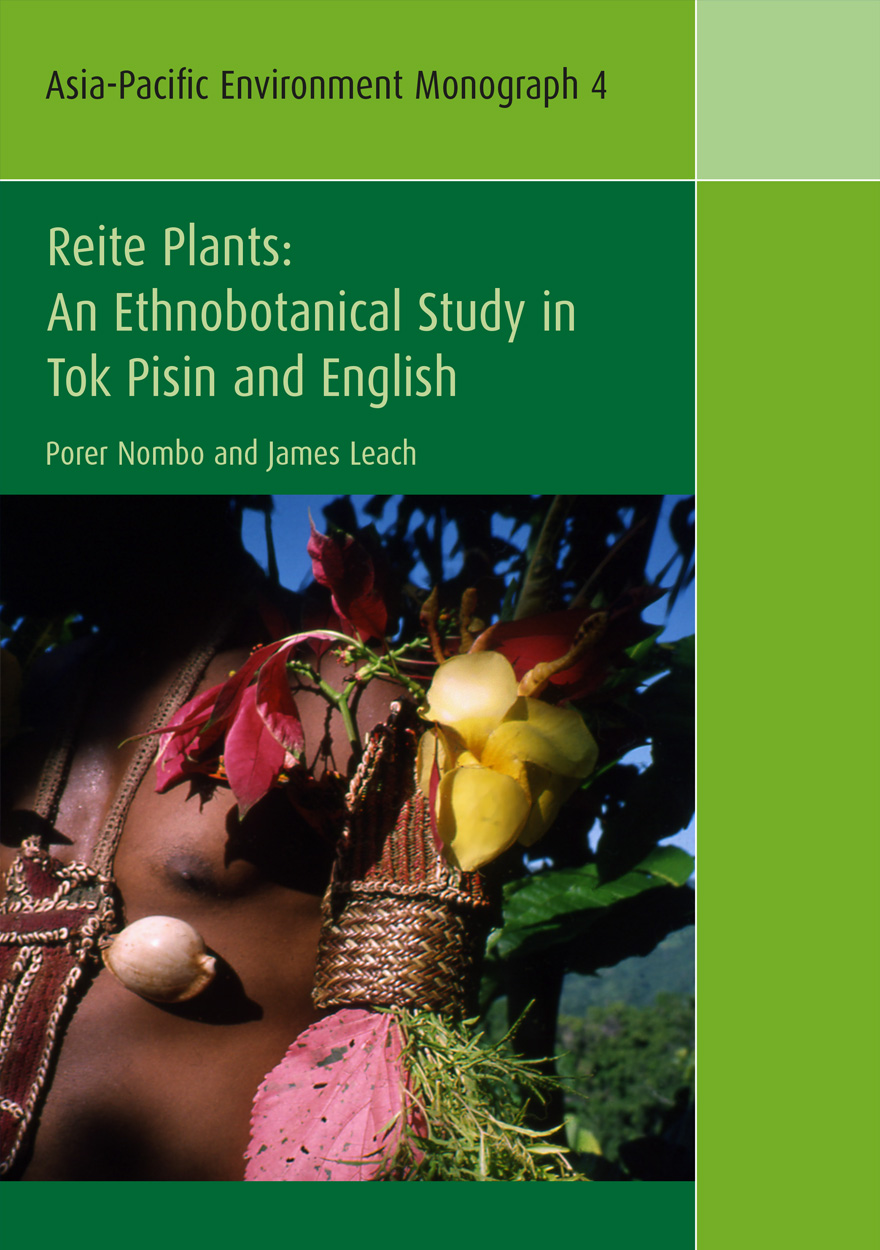
Reite Plants »
An Ethnobotanical Study in Tok Pisin and English
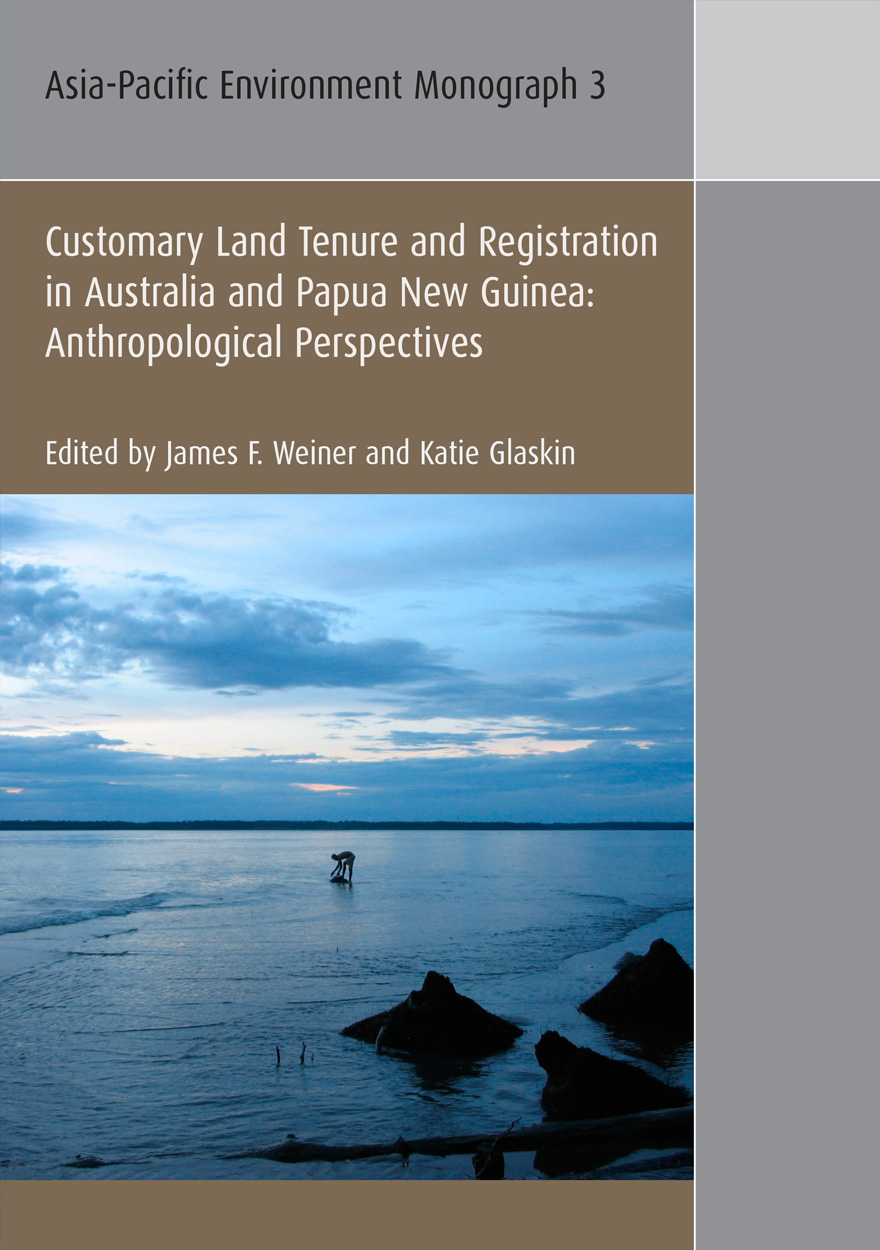
Customary Land Tenure & Registration in Australia and Papua New Guinea »
Anthropological Perspectives

Boats to Burn »
Bajo Fishing Activity in the Australian Fishing Zone
